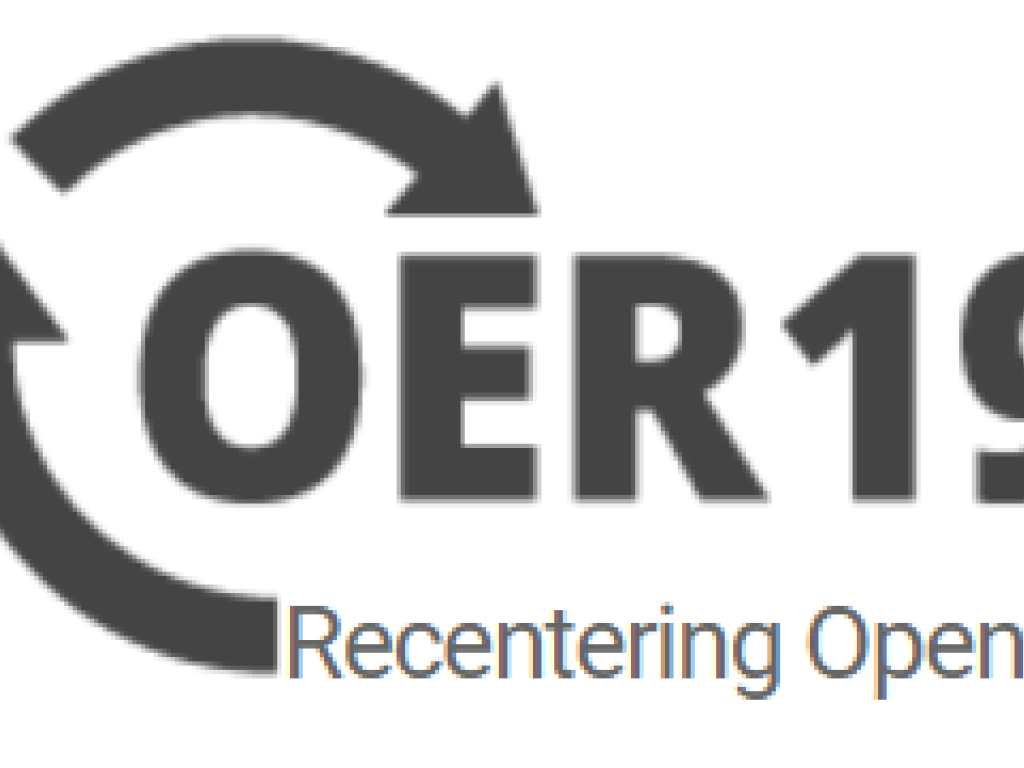Open textbook conversations: DOT4D participation in OER19 and the SASUF Open Education and Social Justice forum

by Michelle Willmers
The DOT4D team travelled to Galway, Ireland, in April 2019 to take part in the OER19 conference and participate in a workshop with collaborators in the South Africa – Sweden University Forum (SASUF).
OER19 is the annual conference of the Association for Learning Technology. The theme of this year’s conference, ‘Recentering open: Critical and global perspectives’, was focused largely on interrogating the concept of openness at a time when open education is becoming mainstream and universities are rethinking their roles in the context of social justice and marketisation. The conference brought together 220 participants in 130 sessions on open education research and practice. Highlights included two thoughtful, inspiring keynotes by Dr Kate Bowles from the University of Wollongong, Australia, and Dr Su-ming Khoo from the National University of Ireland (NUI).
The conference theme of ‘recentering’ spoke strongly to issues of social justice and inclusivity. As the open education movement grows and takes an increasingly prominent place in the international higher education sphere, serious questions are being asked about which global voices are being included (or excluded) and what the most effective mechanisms are for ensuring wide scale representation and participation.
Open textbook publishing was an important thread in the conference conversation. Richard West provided an overview of the EdTech Books publishing platform developed at Brigham Young University in the US. The platform has an array of content authoring and publishing features, including tools for content editing (allowing embedding of a wide range of file formats and multimedia), formatting (focused primarily on mobile phone delivery) and navigation. The platform also hosts a number of advanced features, including quizzes and surveys, chapter narration, cross-site embedding, and user data analytics. Originally developed to publish books on educational technology, the platform has broadened its scope and is now encouraging academics in all disciplines to utilise the free platform for any form of open textbook production.
Rosarie Coughlan from Queen’s University in Canada provided an overview of the open textbook development initiative at her university, which makes us of the Pressbooks publishing platform as well as the GitHub hosting service. Highlighting challenges related to class size, breadth of coverage in current textbooks, and cost vs use factors, she described an institutional open textbook initiative led by the library in which academics are given grants of CAD 7 500 to develop textbooks. Grants of CAD 500 are also made available to academics to review open textbooks under development as a quality assurance mechanism. It is estimated that one of the Queen’s University open textbooks, developed for an undergraduate physics course, currently saves students at the university CAD 26 000 per annum.
DOT4D Principal Investigator Dr Glenda Cox contributed to the open textbook discussion in her presentation, which focused largely on the project’s conceptual framework. Drawing on the Social Realism of Margaret Archer and Social Justice theory of Nancy Fraser, the framework aims to provide a means to uncover the cultural, economic and political dimensions of open textbook production. It also provides a way to get at agential dimensions, providing some explanation for why individual academics and institutions undertake work of this kind.
The open textbook thread extended beyond the OER19 conference into a workshop at NUI in Galway with researchers from Gothenburg University and University West in Sweden, and the University of the Western Cape and the University of Cape Town (including the DOT4D team) in South Africa who are collaborating in a longer-term Open Education and Social Justice project scoping process as part of the SASUF initiative.
SASUF is a strategic internationalisation project with the overall aim of strengthening ties between Sweden and South Africa in research, education and innovation. While the Swedish and South African contexts may at first glance appear to be radically different in terms of the challenges and imperatives around open education and open textbook development, there are a number of striking similarities. Preliminary discussion has revealed that there are numerous areas of similarity which need to be explored, particularly as relates to barriers to success experienced by first-in-family university entrants, the role of the library in supporting open textbook development, the rise in multilingualism, and the lack of institutional and national policy to guide open education practice.
OER19 and the SASUF workshop provided a valuable opportunity for the DOT4D team to connect and form collaborative partnerships, thereby contributing to the ongoing conversation around open textbooks as a critical component of open education practice and the development of long-term research and implementation initiatives.
